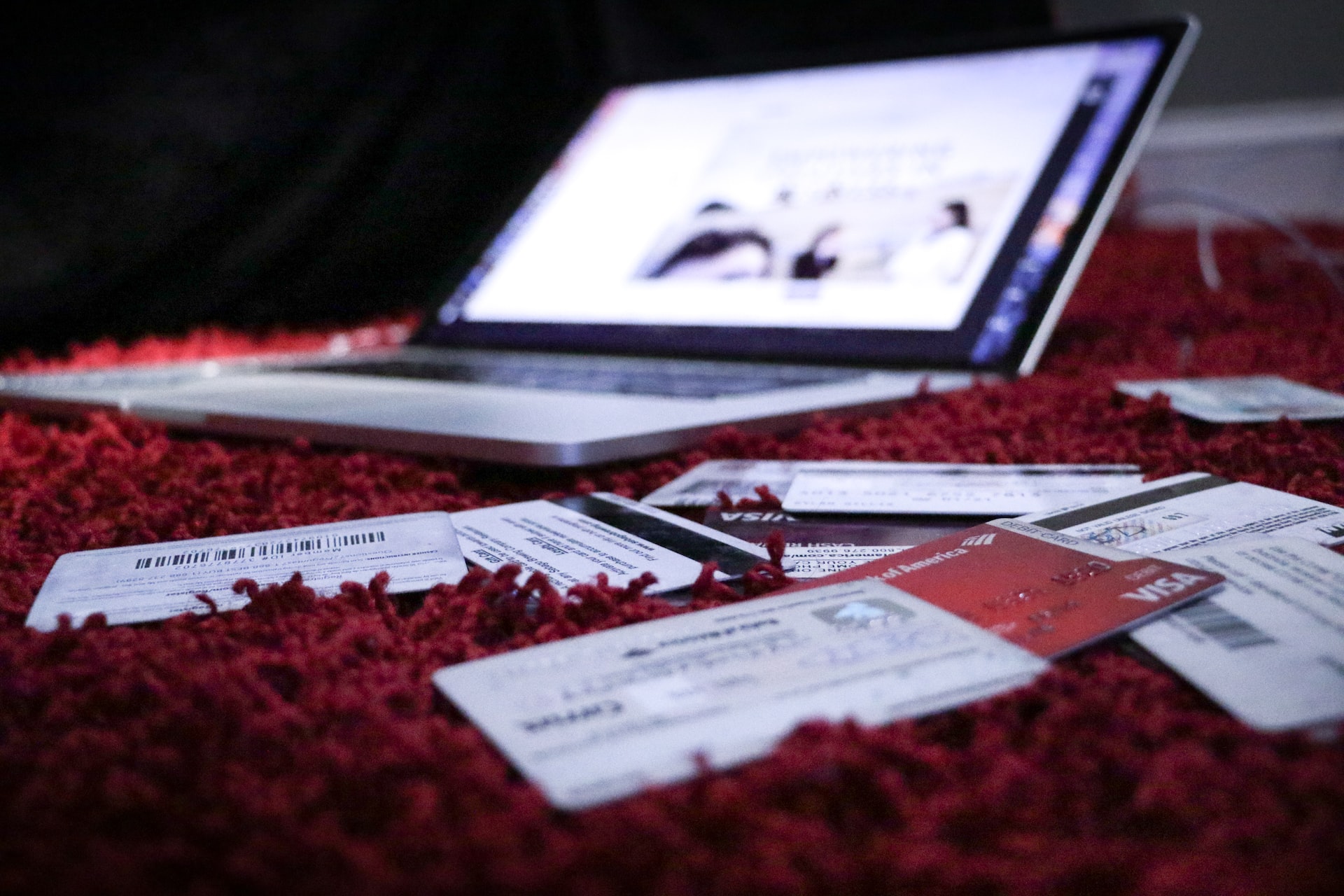Are you considering opening a line of credit? Whether you’re seeking access to a pool of cash that can be used for emergencies or want to build your credit score, using a line of credit responsibly can help you meet your goals. Or maybe you already have several lines of credit open and wonder if you should scale back.
Read on to discover if there’s an optimal number of lines of credit you should have open and why it often varies by your credit profile.
Types of Lines of Credit
There are generally three common types of credit lines, and they differ in how you use the funds that you get.
Personal Line of Credit
If you’re approved for a personal line of credit, you get access to a pool of cash. You can make withdrawals up to the credit limit during the draw period. Borrowers are also permitted to make payments and reuse the funds as they become available. When the draw period ends, the outstanding balance is payable over a set period.
HELOC
A home equity line of credit (HELOC) lets you convert a portion of your property’s equity, or the difference between the value and what’s owed on the mortgage, into cash. It also acts as a second mortgage, which means falling behind on the payments could result in foreclosure. Most lenders will let you borrow up to 85 percent of the equity in your home. So, if it’s valued at $550,000 and you owe $425,000, you could be eligible for a HELOC of up to $42,500 ($550,000 * .85 – $425,000).
Business Line of Credit
Business lines of credit and personal lines of credit are very similar. The key difference is that business lines of credit are reserved for business owners, and the funds you withdraw can typically only be used for business expenses.
How Many Lines of Credit Should You Have at a Time?
It depends on your credit profile, which is used to generate your credit score. Here’s how to decide on the number of credit lines that are best based on the five unique components of your FICO score:
- Payment history (35 percent): Are you current on your outstanding debt obligations, or do you struggle to pay your bills on time? If it’s the latter, avoiding applying for additional lines of credit until you get back on track is a smart financial move.
- Amounts owed (30 percent): How much do you currently owe lenders and creditors? Lenders and creditors like to see your credit utilization at or below 30 percent on revolving accounts. Although lines of credit don’t count toward your credit utilization percentage, you should only borrow how much you can comfortably afford to repay. And if you’re already overextended, opening another line of credit and possibly accumulating more debt and higher monthly debt payments probably isn’t a good idea.
- Length of credit history (15 percent): A seasoned credit profile can mean good news for your score. However, that doesn’t mean you shouldn’t open a new line of credit, particularly if you don’t have any or if the one(s) you currently have are older.
- Credit mix (10 percent): You should have a blend of revolving (i.e., credit card) and installment (i.e., auto loan, personal loan) credit accounts to demonstrate your ability to handle various types of credit. Opening a line of credit could be ideal if you don’t yet have installment accounts.
- New credit (10 percent): Too many credit inquiries and new credit accounts in a short time, in some instances, can mean bad news for your credit score. But applying for a line of credit won’t tank your credit score if it’s been a while since you last applied for a loan, new credit card or other debt product from a bank, online lender, or credit union.
Is It Advisable to Have Multiple Lines of Credit?
If you currently have several lines of credit that are managed responsibly, they won’t necessarily hurt your credit score. However, you want to refrain from opening too many in a short period as it’ll result in multiple hard credit inquiries and could lower the average age of your credit accounts. Furthermore, you risk accumulating more debt than your budget can handle.
Things to Consider to Determine How Many You Should Have
Before deciding how many lines of credit are suitable for you, here are some questions to ponder.
Your Current Credit Score
Do you have an excellent or good credit score, or is your score on the lower end? If the latter applies and you’re approved for a line of credit, you’ll likely get unfavorable terms.
Their Interest Rates and Total Costs
Is the interest rate competitive, and what are the projected borrowing costs for the line of credit? Do the benefits of having access to a pool of funds outweigh the costs?
Your Ability to Repay the Loan
Can you afford the monthly payment, including principal and interest, for an additional line of credit, or will it stretch your budget too thin?
Effect on Your Score
Will the hard inquiry created by applying for another line of credit drop your credit rating to a lower category?
Your Ability to Manage Multiple Lines of Credit
Can you juggle making multiple monthly payments without missing due dates or falling behind?







